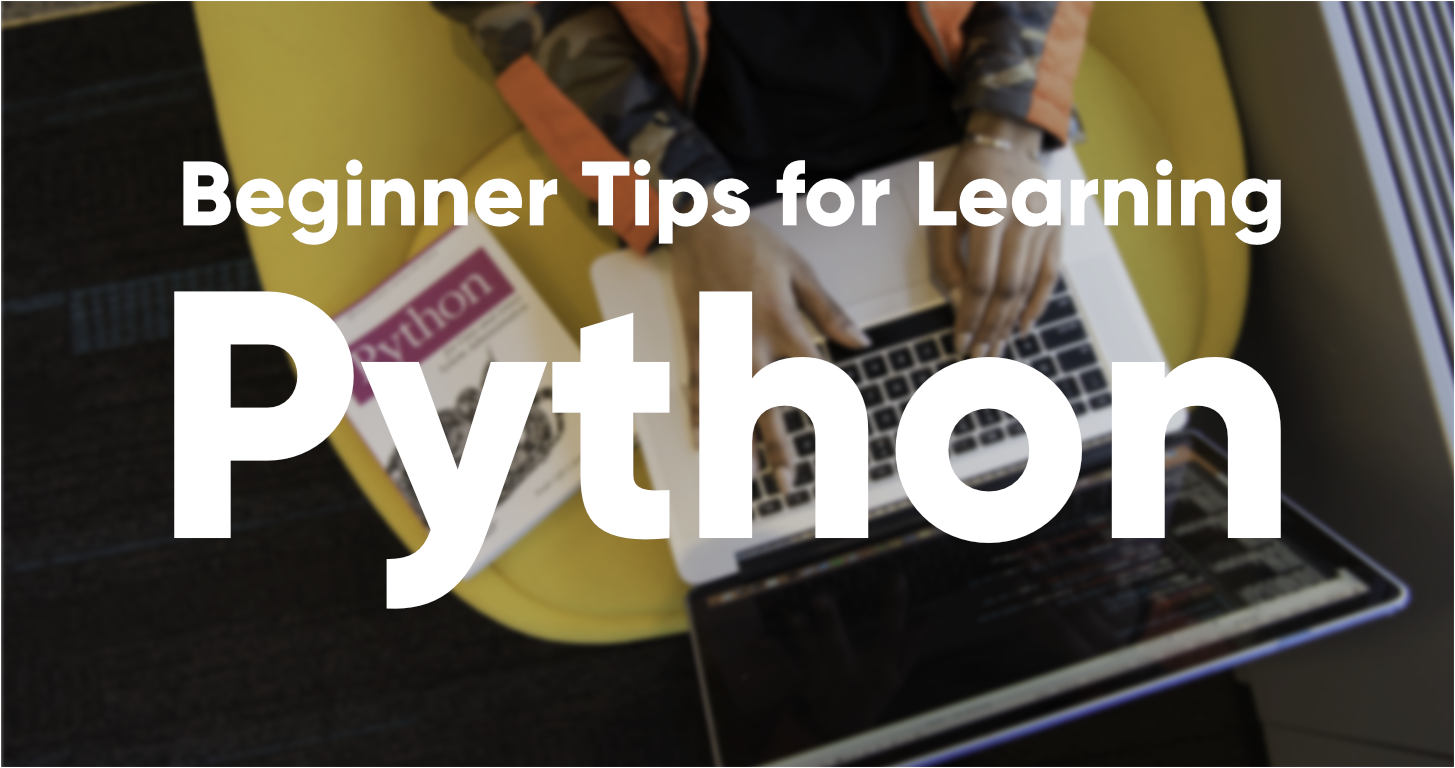Basic Skills for Learning Python

Learning Python can be an enjoyable experience, especially if you focus on developing a strong foundation in fundamental skills.
Here are some basic skills that will help you learn Python effectively:
-
Problem-Solving:
- Python is often used to solve problems. Develop your problem-solving skills by breaking down tasks into smaller, manageable steps.
-
Logical Thinking:
- Understand and apply logical thinking to create efficient and effective algorithms and code.
-
Understanding Syntax:
- Familiarize yourself with Python's syntax, including indentation, to create clean and readable code.
-
Data Types and Variables:
- Learn to work with different data types such as integers, floats, strings, booleans, lists, tuples, and dictionaries. Understand how to declare and manipulate variables.
-
Control Flow:
- Master conditional statements (if, elif, else) and loops (for, while) to control the flow of your programs.
-
Functions:
- Learn how to define and call functions. Understand the importance of modular and reusable code.
-
Data Structures:
- Gain proficiency in working with lists, tuples, sets, and dictionaries. Understand when to use each data structure.
-
String Manipulation:
- Learn to manipulate strings using various methods. This is crucial for text processing and manipulation.
-
Input/Output:
- Understand how to take user input and display output. Learn to work with files for reading and writing data.
-
Error Handling:
- Learn about try-except blocks and how to handle exceptions gracefully.
-
Basic Algorithms:
- Understand basic algorithms such as sorting and searching. This knowledge will be valuable as you tackle more complex problems.
-
Debugging Skills:
- Develop the ability to identify and fix bugs in your code. Learn to use debugging tools and techniques.
-
Version Control:
- Familiarize yourself with version control systems like Git. Learn how to manage and collaborate on code using platforms like GitHub or GitLab.
-
Basic Command Line Usage:
- Learn to navigate and perform basic tasks in the command line or terminal. This skill is useful for various development tasks.
-
Documentation Reading:
- Get comfortable reading and understanding documentation. The official Python documentation is an excellent resource.
-
Community Engagement:
- Engage with the Python community through forums, social media, and open-source projects. Learning from others and asking questions is a valuable part of the learning process.
-
Projects and Practice:
- Apply your skills by working on small projects. Building real-world applications helps reinforce your understanding and boosts creativity.
-
Adaptability:
- Be adaptable and open to learning. The programming landscape evolves, and being able to pick up new concepts and tools is a valuable skill.
Remember that learning to program is a gradual process, and practice is key. Work on projects that interest you, and don't hesitate to explore more advanced topics as you become comfortable with the basics. The Python community is welcoming and supportive, so take advantage of the resources available online.
Thank you.
